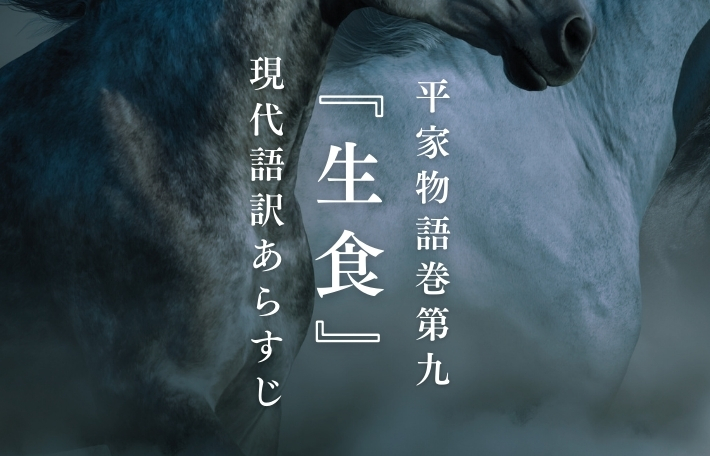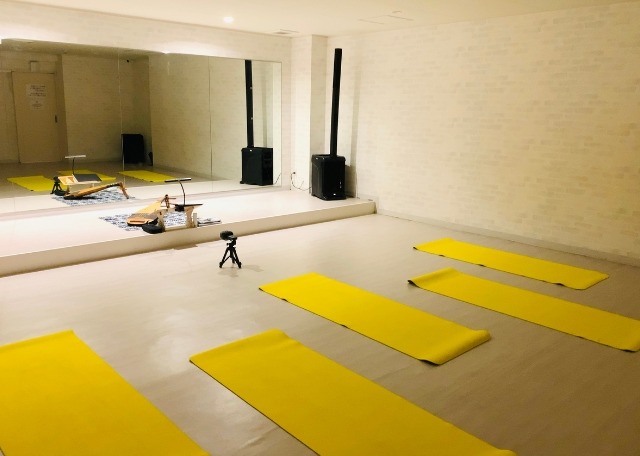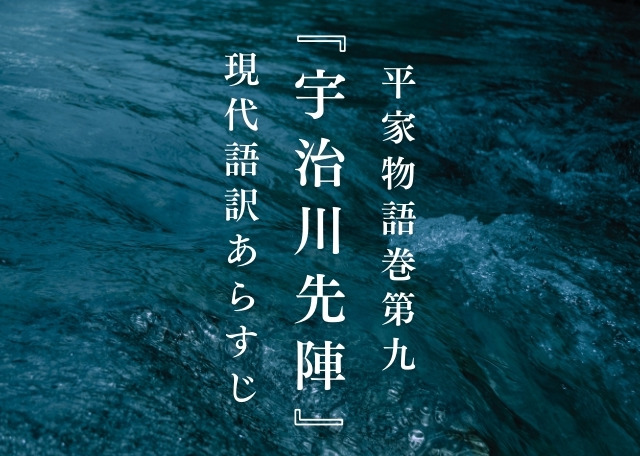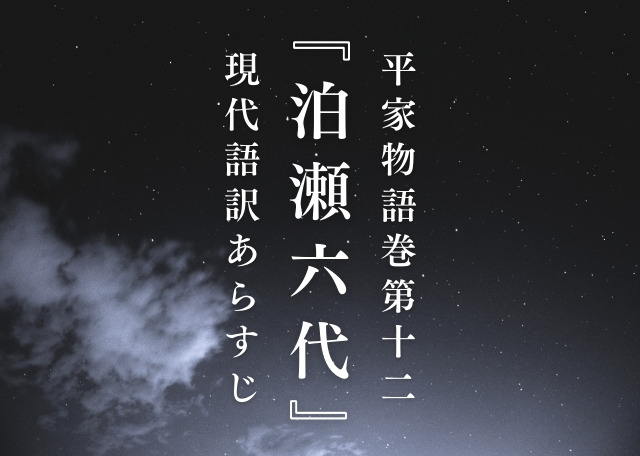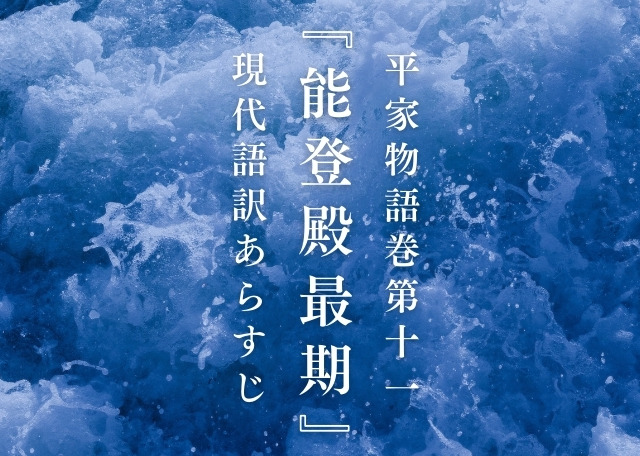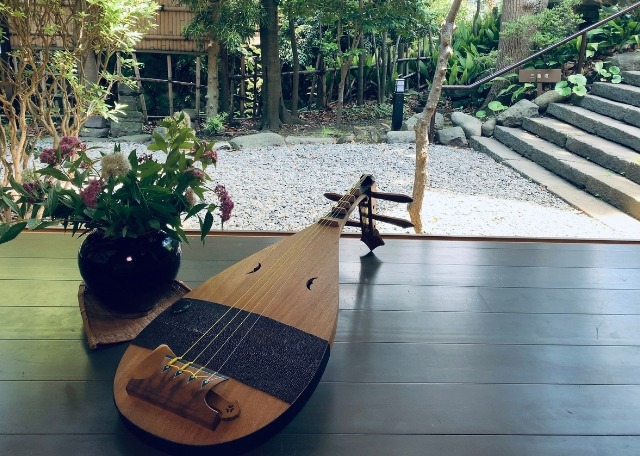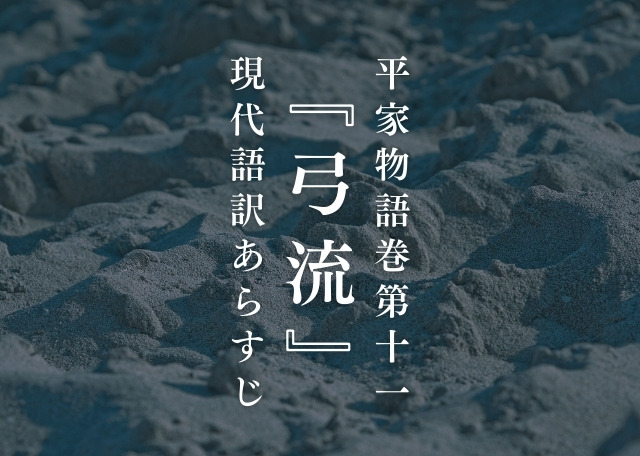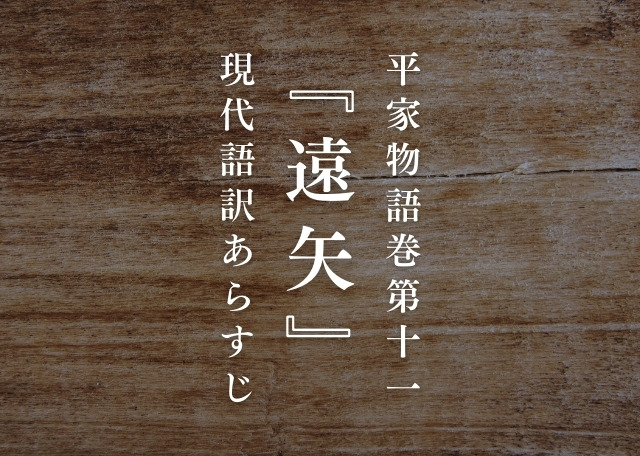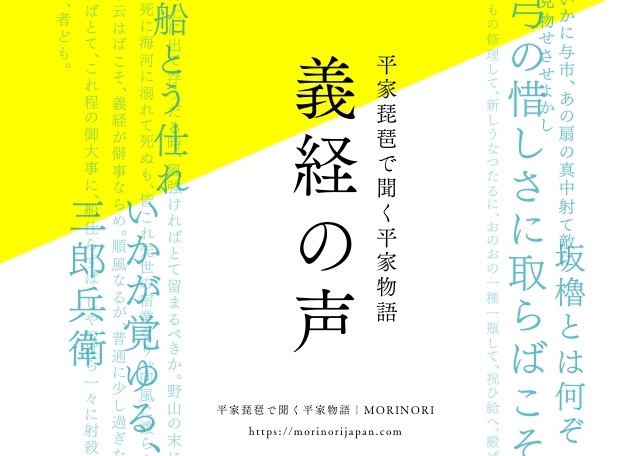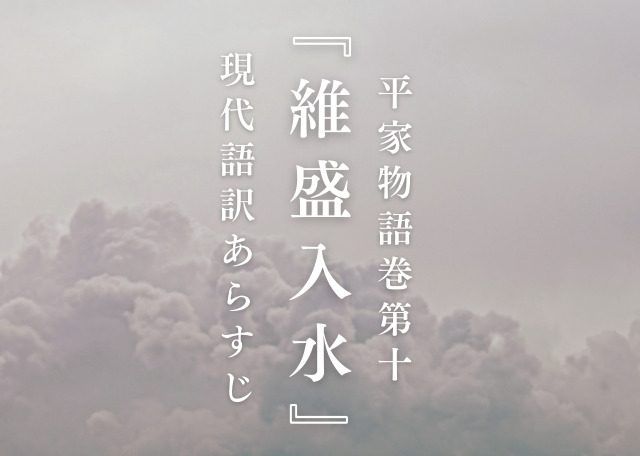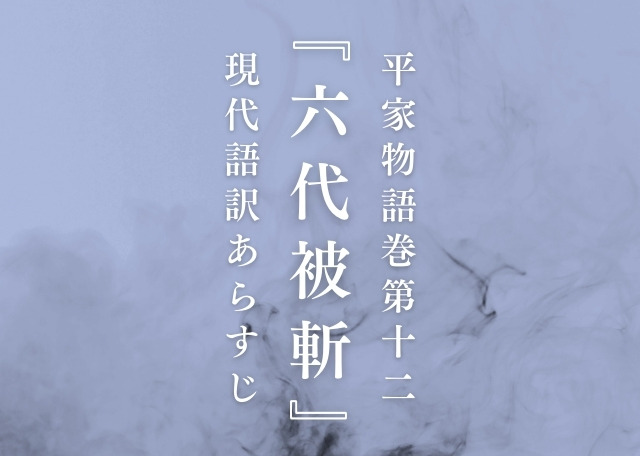Welcome to our site.
This is the website of MORINORI, which holds small Heikyoku (a performance of the Heike Monogatari accompanied by Heike biwa) concerts and lectures. On this page, we introduce a modern translation of the Heike Monogatari, Volume 9, “Ikezuki”. It’s not very good, but please take a look if you like.
▼For first-time visitors
https://morinorijapan.com/en/welcome
▼Program introduction
https://morinorijapan.com/en/performance-lineup
▼Listen to Heikyoku
https://morinorijapan.com/en/watch-the-sound/
▼Click here for a list of modern translations of the Tale of the Heike
The Tale of the Heike is performed at concerts and lectures, etc., in modern Japanese translation.
https://morinorijapan.com/en/category/tale-of-the-heike-en/
Tale of the Heike, Volume 9: “Ikezuki” – A Brief Summary
While Kiso Yoshinaka was preparing to head west, MinamotonoYoritomo of Kamakura decided to send a large army, led by Noriyori and Yoshitsune. Yoshinaka was surprised to hear this news, and dropped the bridges at Uji and Seida to disperse the army, but he had few men at his disposal. Meanwhile, Yoritomo owned the famous horses Ikezuki and Surusumi, and Kajiwara kagesue wanted Ikezuki, but Yoritomo gave it to Sasaki takatsuna. Takatsuna showed his determination to lead the Ujigawanosenjin using Ikezuki. On the way to the capital, Kajiwara becomes dissatisfied when he learns that Ikezuki has been given to Sasaki. Thinking of stabbing each other, Kajiwara says something to Sasaki, but he is quick-witted and says that he stole Ikezuki. Kajiwara leaves, smiling, impressed by Sasaki.
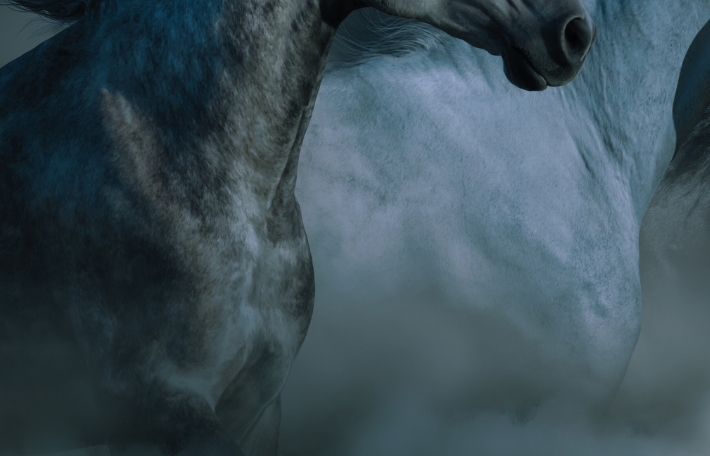
Tale of the Heike, Volume 9, “Ikezuki” – Full modern translation of the text
*This is a modern translation of the text taken from the Heikyoku score “Ikezuki”.
On the same day, Kiso Yoshinaka went to see the retired emperor Go-Shirakawa and reported that he had received an imperial order to pursue the Heike and was setting out for the western provinces. When he heard this, Minamoto no Yoritomo, the former Hyouenosuke(Yoritomo) of Kamakura, dispatched tens of thousands of soldiers, with Noriyori and Yoshitsune at the forefront. Kiso Yoshinaka was surprised to hear that this army had already arrived in Mino and Ise, and he dropped the bridges at Uji and Seto and dispatched his soldiers in two groups, but his forces were not strong enough.
First, in order to meet the pursuers, Shiro Kanehira Imai led 800 horsemen to the Seida Bridge. To the Uji Bridge, Nishi, Takanashi and Yamada Jiro were dispatched with 500 horsemen. To Imoarai, his uncle, Shibata Saburo, led 300 horsemen. Meanwhile, Minamoto no Noriyori was appointed as the general of the main army advancing from the eastern provinces, and Minamoto no Yoshitsune was appointed as the general of the secondary army, and the combined total of the thirty or so daimyo who were followers of the sect was said to be sixty thousand horsemen.
At that time, the Kamakura lord had two famous horses called Ikezuki and Surusumi. Kajiwara kagesue often requested Ikezuki, but Yoritomo said, “This is a horse that I should ride in full armor in times of emergency. Maboku was also an excellent horse, so Yoritomo gave him to Kajiwara. However, later, when Sasaki Shiro Takatsuna of Omi Province came to say goodbye, Yoritomo said, “There are many others who want to eat Ikezuki. You should know that,” and gave him Ikezuki.
Sasaki was given the Ikezuki, bowed deeply before Yoritomo, and said, “I will ride this horse and be the first to cross the Uji River. If you hear that I have died, please think that someone else has taken the lead. But if you hear that I am alive, please think that Sasaki has certainly taken the Ujigawanosenjin. Hearing this, the daimyo and minor lords present whispered to each other, “What brave and dignified words!”
The armies set off from Kamakura. Some went via Ashigara, others crossed Hakone, and each army made its way to the capital along its own chosen path. On the way, at Ukishimahara in Suruga Province, Kajiwara kagesue climbed to the top of a hill and looked out over the horses for a while. There were many horses with various saddles gathered together, and the number was uncountable. The horses were being led in a procession, and Kageki was looking on happily, thinking that he could not find a horse that surpassed the one he had been given. Then, a horse that seemed to be Ikezuki appeared.
The horse was led by a retinue of attendants, but it still came galloping out without hesitation, with a gold-trimmed saddle, a small-laced bit, a white bit, and a white muzzle. Kajiwara approached the horse and asked, “Whose horse is this?” The reply was, “It is the horse of Lord Sasaki.” When Kajiwara asked, “Is it the horse of Saburo-dono or Shiro-dono?” the reply was, “It is the horse of Shiro-dono,” and he continued on his way.
Kajiwara’s heart was not at peace. Although he was also in the service of the Kamakura Lord, he bore a deep grudge against Sasaki for giving him this famous horse. Kajiwara was thinking to himself, “I had decided that I would either go to the capital this time and die fighting alongside the four Heavenly Kings under the command of Lord Kiso, Imai, Higuchi, Tate and Nei, or else I would go to the western provinces and die fighting against the Heike samurai, but in this situation, that resolve has been lost. As he waited for Sasaki, he muttered to himself, “If the two of us die in a sword fight, it will also be a loss for the Kamakura Lord.”
Sasaki mounted the transfer horse without any suspicion and was slowly making his way along. Kajiwara thought about whether he should try to wrestle him to the ground or speak to him first, but decided to speak to him first. When he asked, “How will you be able to make it to the capital on a horse that has eaten raw food?” Sasaki thought to himself, “Has he heard that I have also been secretly requesting raw food?” but he kept his composure and replied, “That is correct. I have come to participate in this important event, but I am sure that the bridges at Uji and Setoda have been pulled down. I thought I would need a horse to cross the river, so I thought I would offer Ikezuki, but you didn’t allow it when you requested it, so there was no way you would accept it if someone like Takatsuna offered it. However, I made up my mind that I didn’t care what kind of disinheritance I would receive later, and I stole that treasured Ikezuki with the help of the servants at dawn as we were leaving the next morning, and that’s how I came to be here. What do you think, Kajiwara” he said.
These words made Kajiwara feel better, and he laughed and left the scene, saying, ”Oh, that’s right, Kagesue should have stolen the Ikezuki too.”
▼Click here for a list of modern translations of the Tale of the Heike
*The Tale of the Heike is performed at concerts and lectures, etc., in modern Japanese translation.
https://morinorijapan.com/category/tale-of-the-heike/
Thank you for reading this far.
I hope to see you somewhere someday.

